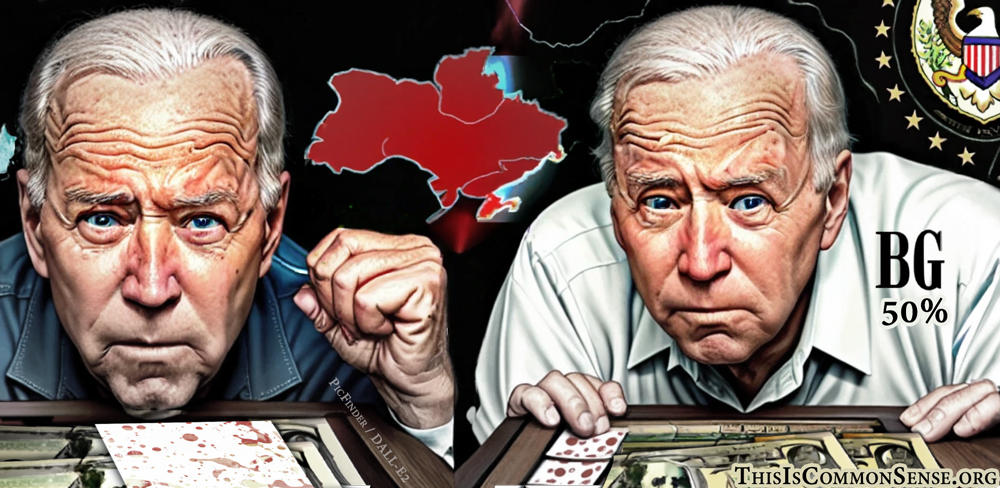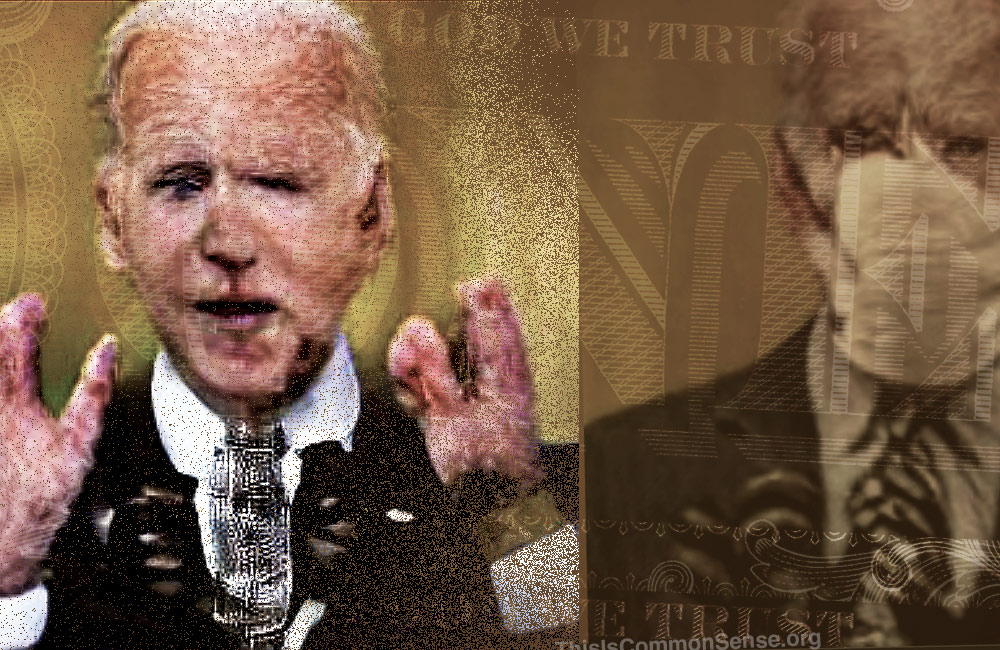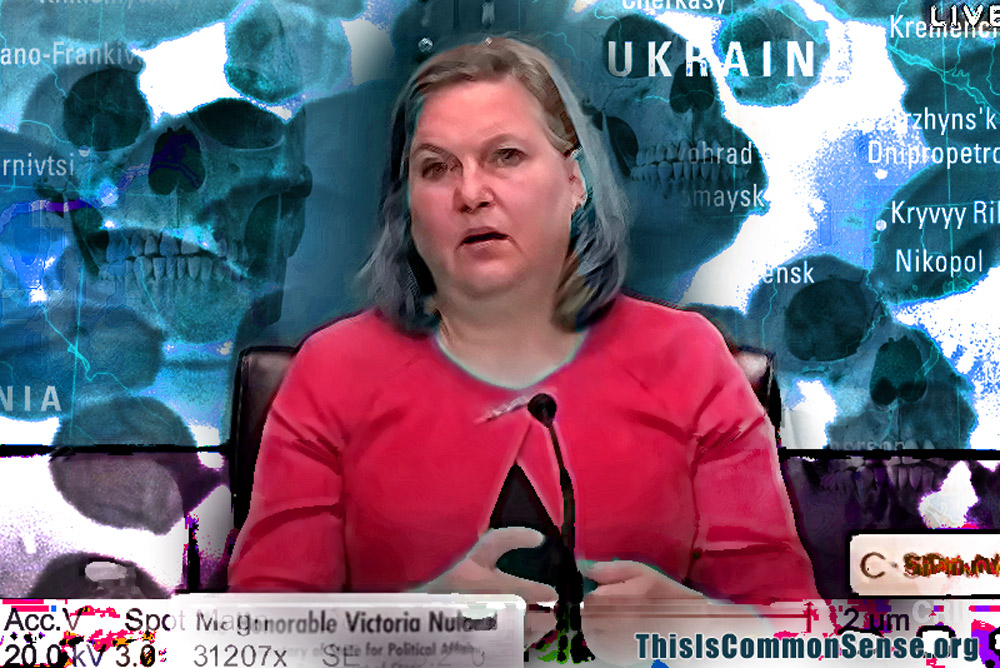In yesterday’s Washington Post, fact-checker Glenn Kessler explained, per the headline: “How Republicans overhype the findings of their Hunter Biden probe.”
He has a point. For example, the official House committee staff carefully stated that they had “identified over $20 million in payments from foreign sources to the Biden family and their business associates.” But Committee Chairman Comer turned that into: “The Biden family received over $20 million from our enemies around the world.”
The whole $20M+ didn’t go to the Biden Crime Family. Kessler’s analysis puts that number at merely $7.5 million.
I guess this is why gang members sometimes turn on each other.
But Kessler — like so many other mainstream media mouthpieces — gets something very, very wrong.
“No evidence has emerged that any of these funds can be traced to Joe Biden himself,” the fact-checker asserts before delving into the specifics of his checked facts. Near the close, Kessler reiterates: “No money has been traced to Joe Biden.”
That’s just not true.
In a text that was discovered on the infamous Hunter laptop (now verified even by big media behemoths), Hunter Biden tells his daughter that his father (now President Biden for those following closely at home) makes Hunter kick back roughly 50 percent of his income.
A statement made in confidence to a loved one is commonly referred to as evidence. Strong evidence.
There are additional communications and invoices showing Hunter paid bills for “the Big Guy,” including home repairs and improvements costing thousands of dollars.
No matter how hard “fact checkers” ignore the evidence, it is still there.
This is Common Sense. I’m Paul Jacob.
Illustration created with PicFinder.ai and DALL-E2
—
See all recent commentary
(simplified and organized)





